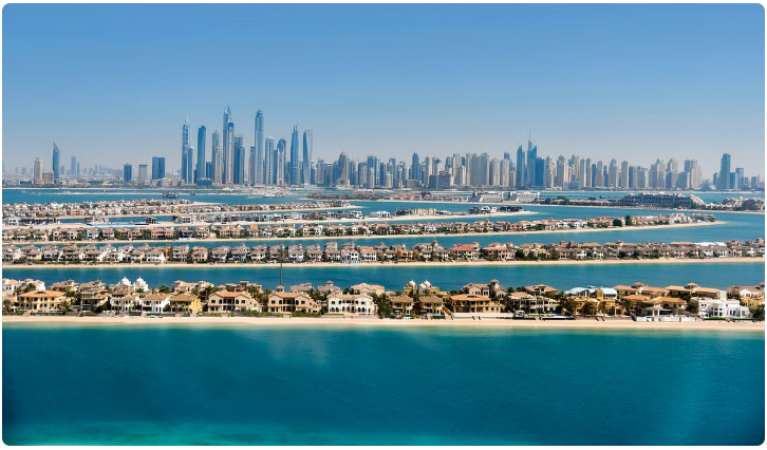The Middle East leads globally in establishing formal board structures in family businesses, with 89 per cent companies in the region having a structure in place as against 67 per cent worldwide, a report showed on Monday.
As family-owned enterprises continue to power the region’s economic engine, the Global Family Business Report 2025, launched by KPMG Private Enterprise in collaboration with the STEP Project Global Consortium, reveals the key drivers that will determine whether these businesses simply endure or create lasting legacies for generations to come.
The study analyses the opinions of 2,683 CEOs across 80 countries. It highlights how family businesses can navigate a rapidly shifting global landscape, marked by generational transitions, digital disruption, evolving governance expectations, and rising social and environmental accountability.
Abdullah Akbar, Head of Private Enterprise and Family Business at KPMG Middle East commented: “Family businesses have long formed the foundation of the economies in the Middle East, contributing significantly to employment, innovation, and national identity. But as we enter a new era of economic transformation in many of these geographies, businesses face an urgent need to modernize their governance structures. They will need to diversify their investment portfolios, explore options with respect to supply chain disruptions, invest in technological advances, including GenAI, develop strategies to tackle the war for talent, and embrace the next generation of leadership. Strategic succession planning is now essential and must move to the forefront of business strategy to safeguard the legacy and future readiness of family enterprises.”
The report found that high-performing family businesses are 10 per cent more likely to have formal board structures in place, reinforcing the importance of sound and strategic decision-making. In fact, 67 per cent of high-performing businesses globally had established boards, compared to 89 per cent in the Middle East and Africa, the highest across all regions worldwide. This strong embrace of governance is a promising sign that family businesses in the region are positioning themselves for sustainable growth and cross-generational success.
However, governance alone isn’t enough. Entrepreneurship and growth capital remain key. Over the past 3 years, nearly 500 family businesses globally engaged in mergers and acquisitions, with 60 per cent of the acquired companies also being family-owned, suggesting a shift toward strategic consolidation and values-aligned partnerships. Private equity firms are also showing increased interest in well-run family businesses with strong fundamentals and generational continuity, further signaling the need for transparency, purpose-led strategies, and scalable models.
The UAE’s economy is heavily influenced by family businesses; roughly 90 per cent of the privately-owned companies in the UAE employ more than 70 per cent of the sector’s workforce and account for 40 per cent of the national GDP, as reported in a Dubai Chambers report.
These enterprises span critical sectors, from construction and manufacturing to retail, hospitality, and finance. As the region pushes forward with its economic transformation visions, long-term sustainability of these businesses will be central to achieving national growth targets. Many family groups are now also expanding into new sectors like technology, logistics, education and healthcare – opening doors to new investment and collaboration models.
Despite the significant role of younger generations in shaping innovation and sustainability, the report found that only 52 per cent of next-generation family members are currently involved in strategic decision-making. This underrepresentation of generations, including millennials, limits the potential for fresh thinking around ESG, digital transformation, and impact investing. At the same time, nearly 40 per cent of respondents expressed concerns about the quality of communication within the family, underscoring a need for stronger dialogue, defined responsibilities, and a shared vision across generations.
The findings highlight a strategic imperative: family businesses must evolve their definition of success to reflect today’s economic and social realities. “While financial performance remains essential, long-term resilience, adaptability, and societal contribution are just as critical. As the Middle East region advances its economic diversification agenda, businesses that embed purpose, strong governance, and entrepreneurial thinking at the core of their strategy will be best positioned to lead across generations,” a statement said.

